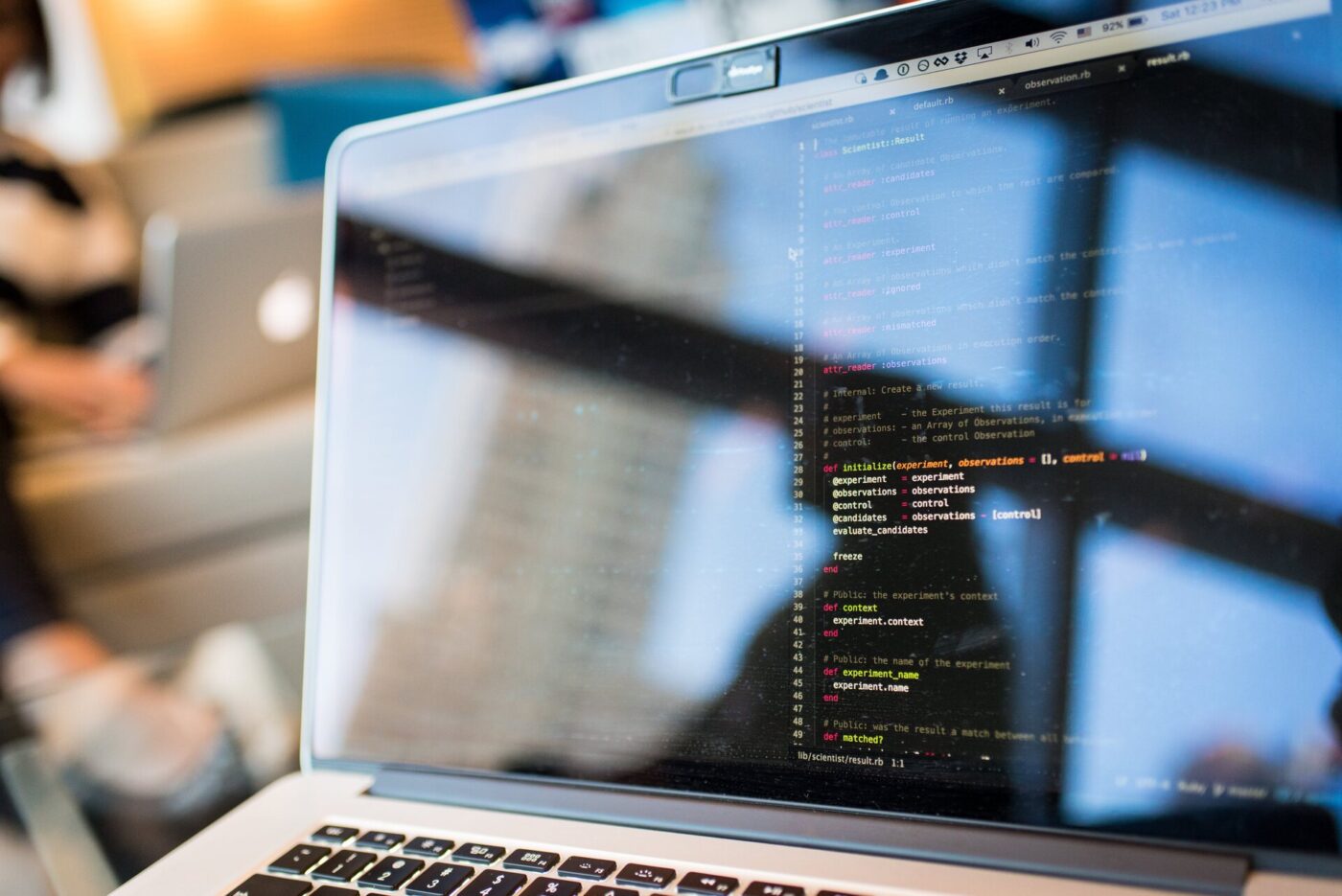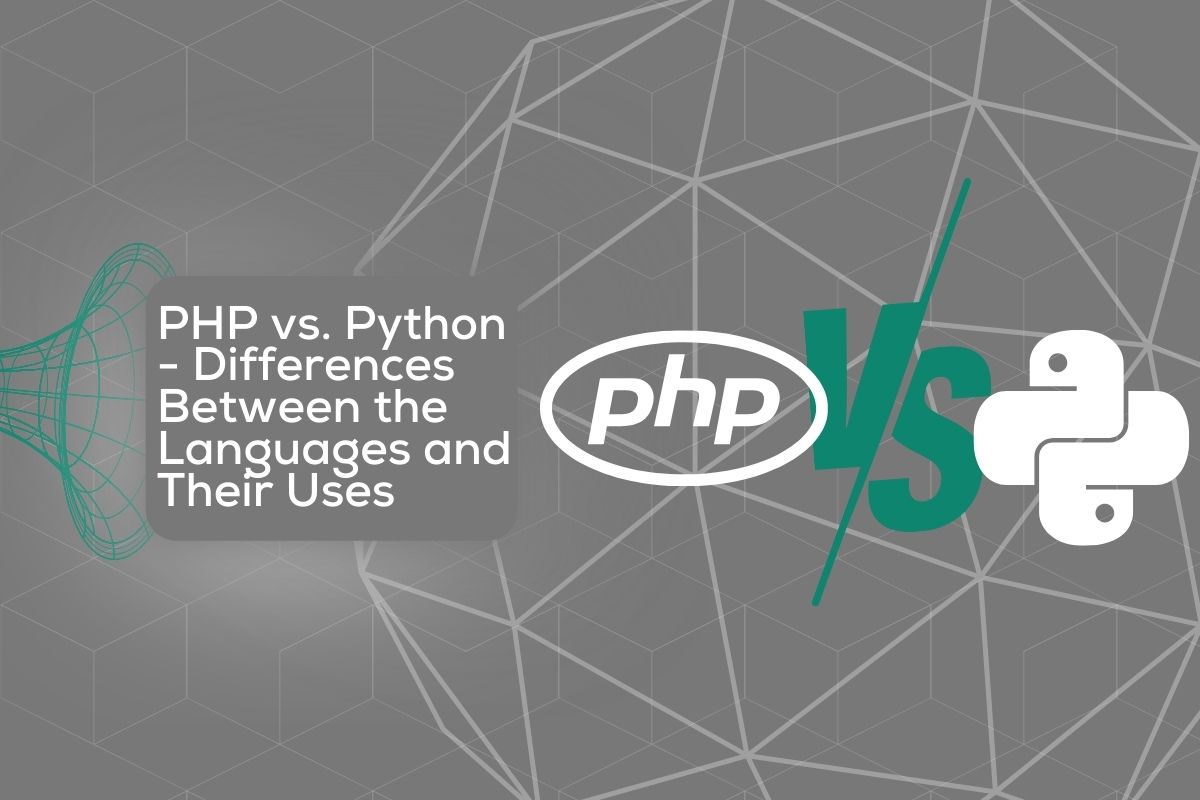In the dynamic realm of software development, choosing between PHP vs. Python will take a bit more time than you thought. Each language offers distinct advantages for diverse project requirements, from web applications to machine learning. This comparison delves into their functionalities, ecosystems, and use cases, providing a clear perspective on which of these two languages is a better option for you and informing your choice for future projects.
What Is PHP?
PHP stands as a cornerstone in the world of web development. Originally designed for creating dynamic web pages, PHP has evolved into a comprehensive server-side scripting language that is essential in developing interactive and dynamic websites. In fact, more than 76% of websites use PHP.
Renowned for its ease of use and compatibility with a vast array of databases, PHP facilitates the development of web applications ranging from simple blogs to complex e-commerce platforms. Its open-source nature and large, supportive community have made PHP a preferred choice for developers seeking efficient and scalable solutions for backend web development.
Explore the PHP Features
PHP is known for its extensive feature set, which supports a wide range of software development needs. Its key features include the following:
- Compatibility with various database management systems,
- Ease of integration with HTML and CSS,
- A rich collection of built-in functions for handling data, file systems, and session management.
Additionally, PHP’s support for a vast ecosystem of frameworks accelerates the mobile app development process. This enables developers to build robust, secure, and scalable web applications efficiently.

What Is Python?
Python, a high-level programming language, is renowned for its simplicity, readability, and versatility. Python wasn’t named after a snake but the BBC sketch show Monty Python’s Flying Circus. It supports multiple programming paradigms, including functional, procedural, and object-oriented programming.
This makes it a powerful tool for a wide range of applications. From system scripting and web development to artificial intelligence and machine learning, it is no wonder it’s the third most used programming language, according to Statista.
Its extensive standard library and third-party modules allow developers to implement complex functionalities with fewer lines of code. Its emphasis on readability and efficiency promotes collaborative development and rapid prototyping, making Python an invaluable asset for developers across various disciplines.
What Features Does Python Offer?
Python offers an impressive array of features that are suitable for the diverse needs of the development community. Its straightforward syntax boosts readability and accelerates the learning process. That’s why Python gained popularity with beginners – 40% of its users are between the ages of 21 and 29.
Python’s vast standard library provides modules and tools for just about any task. This “batteries included” philosophy includes everything from web development frameworks like Django and Flask to scientific computing packages such as NumPy and SciPy.
Python is a versatile and powerful programming language for many reasons. Firstly, it’s compatible with various platforms and offers strong support for integration and automation. It also has one of the leading roles in emerging fields like machine learning and data science.

PHP vs. Python – What Are the Important Differences?
When comparing these two languages, it’s crucial to understand their core differences. These influence their suitability for various development projects, so make sure you check the table below.
| Parameter | Python | PHP |
|---|---|---|
| Learning Curve | Better in long-term projects | Easy-to-learn language, suited for beginners |
| Applications | Web development, AI, Machine learning, System Scripting | Web development |
| Performance | Less fast in comparison | PHP 7th gen is faster |
| Framework | The lower number of frameworks in comparison. For example, Django, Flask | It has a large number of frameworks. For example, Zend, Laravel |
| Maintenance | Easy to maintain | Difficult to maintain large programs |
| Database Support | Less database support than PHP | Supports more than 20 different databases |
| Community | Very popular but has a smaller community | A very large and old community |
| Companies | Instagram, Google, Pinterest | Facebook, Yahoo, WordPress |
| Syntax | Easy to understand syntax. Very close to the English language | Conventional syntax with different naming conventions |
Python vs. PHP – When Should You Use Each Programming Language?
Choosing between PHP and Python depends on the specific needs of your project. PHP is often the go-to for web development projects, especially when working with content management systems or when a project is heavily reliant on server-side scripting.
On the other hand, Python is preferred for its versatility, making it suitable for web development, data analysis, artificial intelligence, and machine learning projects. Consider the project’s scope, the development team’s expertise, and the language’s ecosystem when deciding which programming language to use.

Partner With Juratech Solutions for Your Next Project
Both PHP and Python offer unique advantages tailored to different project needs, from web development to AI and machine learning. Your choice between PHP and Python should align with your project’s specific requirements, your team’s expertise, and the language’s ecosystem.
If you’re looking for expert guidance or need a team to bring your vision to life, Juratech Solutions is here to help. Our experienced developers are proficient in both PHP and Python and ready to tailor solutions that meet your needs. Contact us today to kickstart your project with the right technology partner by your side.







